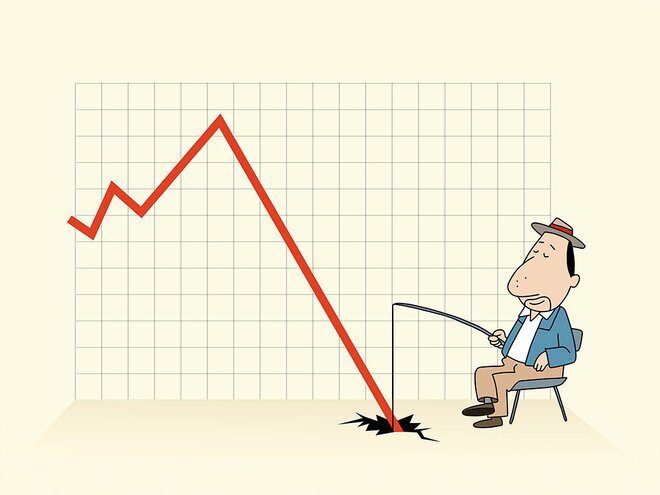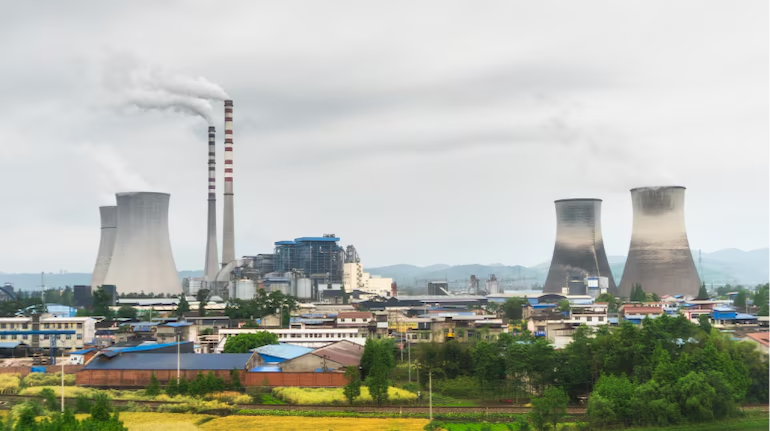
Introduction
The stock market is a complex and unpredictable entity that can sometimes take unexpected turns, and one of the most significant of these turns is a crash. A stock market crash can be a catastrophic event that has far-reaching consequences, and it is important to understand the causes and effects of such an event. In this article, we will delve into the reasons for stock market crashes, the effects they have on investments, and how to protect your investments.
What is a Stock Market Crash?
A stock market crash occurs when there is a sudden and significant decline in the value of stocks traded on the stock market. It is usually accompanied by panic selling, which further drives down the value of the stocks. The term “crash” is used when the decline is particularly steep and sudden and can have a ripple effect on the economy as a whole.
Causes of Stock Market Crashes
Speculation and Overvaluation
One of the primary causes of stock market crashes is speculation and overvaluation. When investors become overly optimistic about the prospects of a particular company or the stock market as a whole, they may begin to invest heavily, driving up the price of the stocks beyond their true value. When this bubble bursts, the value of the stocks can plummet.
Economic Factors
Economic factors can also contribute to a stock market crash. A recession, for example, can lead to a decline in consumer spending, which can negatively impact the earnings of companies and lead to a decline in their stock prices. Similarly, inflation can erode the value of investments and cause investors to panic and sell off their holdings.
Political Factors
Political factors can also play a role in stock market crashes. Changes in government policies, such as tax reform or trade tariffs, can cause uncertainty and volatility in the market. Geopolitical events such as wars, terrorist attacks, and natural disasters can also cause panic and instability in the market.
Black Swan Events
Black swan events are unpredictable and rare events that can have a significant impact on the market. For example, the COVID-19 pandemic caused a global economic downturn and a sharp decline in stock prices, as investors panicked and sold off their holdings.
Effects of Stock Market Crashes
Economic Impact
Stock market crashes can have a significant impact on the economy as a whole. When stock prices decline, it can lead to a decrease in consumer spending and business investment, which can slow down economic growth. It can also lead to job losses and financial hardship for individuals and businesses that have invested heavily in the stock market.
Psychological Impact
Stock market crashes can also have a psychological impact on investors. The fear and uncertainty that accompany a crash can lead to panic selling, which can exacerbate the decline in stock prices. Investors who have lost a significant portion of their portfolio may become discouraged and may be reluctant to invest in the market again in the future.
How to Protect Your Investments
Diversify Your Portfolio
One way to protect your investments from a stock market crash is to diversify your portfolio. By investing in a variety of stocks, bonds, and other assets, you can reduce your exposure to risk and mitigate the impact of a market downturn.
Maintain a Long-Term Perspective
It is important to maintain a long-term perspective when investing in the stock market. While a crash may cause short-term losses, the market has historically rebounded over the long term. By staying invested and avoiding panic selling, you can ride out the ups and downs of the market and potentially see long-term gains.
Consider Professional Advice
Finally, it may be helpful to seek professional advice from a financial advisor or investment manager. They can help you create a diversified portfolio and provide guidance on how to weather market downturns. They can also provide a valuable perspective on the current state of the market and help you make informed investment decisions.
Conclusion
A stock market crash can be a scary and unpredictable event, but by understanding the causes and effects, you can take steps to protect your investments. Diversifying your portfolio, maintaining a long-term perspective, and seeking professional advice can all help you weather market downturns and potentially see long-term gains. Remember to stay informed and keep a level head, and you can navigate the ups and downs of the stock market with confidence.





